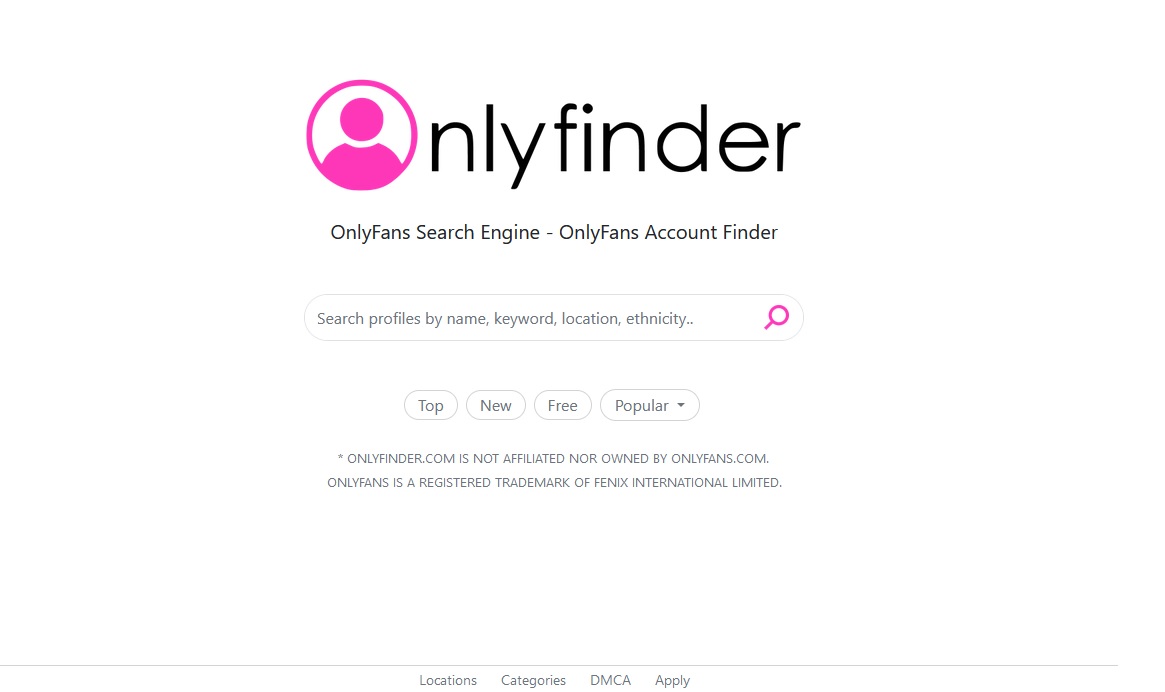Many people don’t realize it, but your data is valuable. When you use the web, you’re leaving a digital trail of information that tells all about what you’re interested in, where you go, who you listen to, and demographic clues such as your age, gender, and marital status. There are even clues as to whether you have kids or pets, and what kind of device you’re using, which gives marketers an idea of how comfortable you are with technology and hence your age and education level.
This stream of data is a gold mine for eCommerce, which not only harvests it but sells it to third parties in the industry, who use it to market directly to you. It gets a little creepy when an ad pops up in front of you that almost seems like it must be snooping on your conversations. Usually, you won’t want such an invasion of privacy for the benefit of a few retailers. And that’s before the possibility of this data being stored where it can be compromised by third-party hackers.
Data Safety
To protect your data, you need to set boundaries on what online companies can do with it. Start by cloaking as much of it as you can.
- Lock down everything with secure passwords.
- Keep your system and antivirus up to date to avoid spyware.
- Use a browser that offers incognito or safe-browsing mode.
- Set your browser options to purge cookies and other data trails at regular intervals.
- Use a VPN (virtual private network) when using your mobile devices in public.
You can also choose to use online search services which aren’t so glutinous with your data. Google with its targeted ads and invasive data mining is the frequent culprit here. Enough consumers are protesting against search engines that needlessly invade your privacy that a small band of alternative search services have cropped up.
DuckDuckGo – Started in 2008, DuckDuckGo was a direct response to the growing public awareness of invasive data mining. DuckDuckGo mines no data, and shuffles search results together from other search engines anonymously. When you query DuckDuckGo, you’re seeing sterilized results from other search engines without compromising your data.
HotBot – Started just before the turn of the century, HotBot is a search engine service that emphasizes safe searching. When you query HotBot, it’s working to prune results that are suspected attack vectors for malware, viruses, and spam.
Hot.com – An incognito engine for a specialized purpose, Hot.com only searches adult content. When you query Hot.com, you will get specific results pertaining to adult dating and services, and mature audience targeted content, but also without tracking your data.
How Search Engines Should Work
Look for the following features in safe search engines and onlien services in general:
- Encryption of traffic – This prevents third parties from snooping your data stream.
- Cookie-free – Cookies are token bits of data left on your device by a website you visit. They’re used to track your web activity, like a spycam.
- No search logs – There should be no record of what you’re doing.
- No filtering – Filtering search results to make your clicks more profitable keeps you in a marketing bubble, where you’re not likely to see all of the information you wanted.
- Full disclosure policy – Search engines and social media hosts should be clear with you about what they do with your data. Look for a section called “privacy policy.”
In a perfect world, these common rules of consumer courtesy would go without saying. It is still perfectly possible to make a profitable business online without mugging every visitor for their vital stats. Internet commercial interests are starting to learn this lesson, but a little consumer activism might help nudge them on to learn it a little faster.








Add Comment